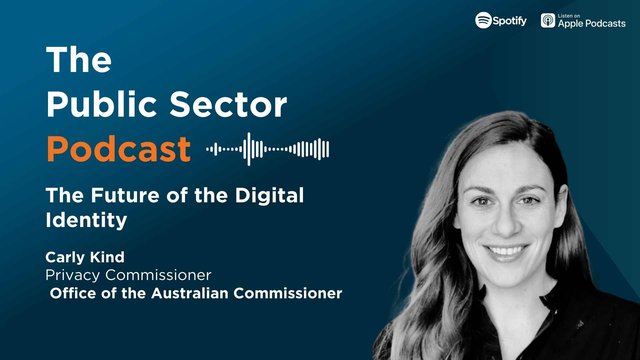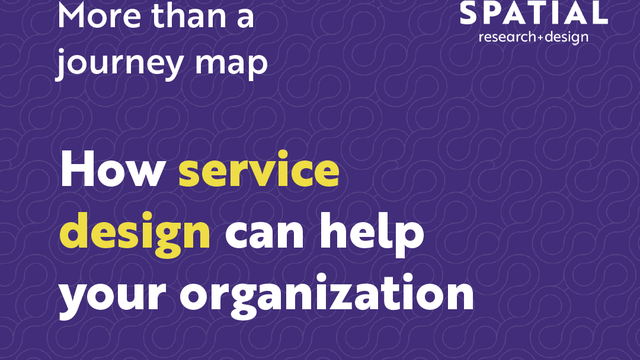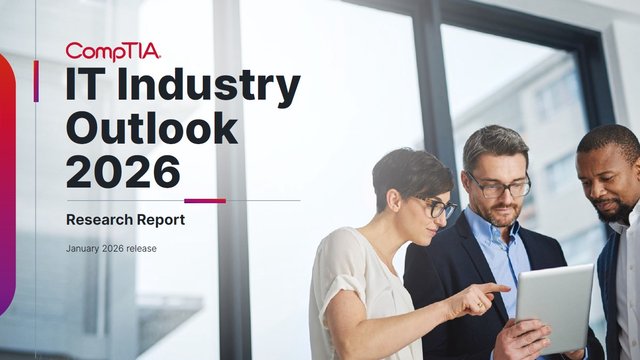In the ever-evolving landscape of public administration, the Australian Public Service (APS) is steadfastly committed to embracing change through its ongoing APS Reform Agenda. This comprehensive initiative is strategically designed to fortify the APS's resilience and responsiveness, ensuring it remains aligned with the evolving needs and expectations of both the government and Australian citizens.
At the core of this reform agenda lie four pivotal pillars, each meticulously crafted to instil integrity, efficiency, and inclusivity within the APS framework. From prioritising people-centric policies to fostering a culture of innovation and adaptability, these pillars serve as guiding beacons in the quest for a more agile and effective public service.
Ahead of the Innovate Australia Showcase we spoke to Dr Rachel Bacon, Deputy Commissioner - Integrity, Reform and Performance, and the team at the Australian Public Service Commission (APSC), to delve into the intricacies of APS reform efforts - exploring the challenges faced, the strategies employed, and the future outlook for building a digitally proficient and socially conscious APS workforce.
Could you tell us a little about the APS Reform Agenda and the pillars of this Agenda?
APS Reform is an ongoing effort to ensure the APS remains future-fit and capable of adapting to the changing and rising expectations of the Government and the Australian community. We are prioritising our efforts on four pillars where we can deliver valuable, comprehensive, and enduring changes that will strengthen and empower the public service as well as increase trust and confidence in Australia’s public sector institutions these pillars are:
- An APS that embodies integrity in everything it does
- An APS that puts people and business at the centre of policy and services
- An APS that is a model employer, and
- An APS that has the capability to do its job well.
Within each of these pillars is a dynamic set of initiatives that build the capability, capacity, and collaboration of the APS, and that support greater transparency and genuine partnership with the community.
Our research has found that 55% of APS professionals feel talent recruitment and retention is their number one challenge. What factors contributed to this talent shortage and what is the APS doing to remedy this?
The APS, alongside all employers in Australia, experienced accelerated skill and labour shortages, high talent mobility and increased competition in a low unemployment market during and immediately after the COVID-19 pandemic.
While these pressures have started easing off across the labour market, following significant skilled migration and a strong whole-of-economy Government response through employment and education levers, in the APS, we are focusing on strategic recruitment and attraction by utilising innovative practices to ensure we attract and retain the best talent from all over Australia. This means, we currently advertise for locations outside metro cities, in an effort to widen the talent pool and position the APS an employer of choice for many people.
Under the APS Reform program, we have focused efforts to ensure the APS is a model employer we have focused on:
- Effort to standardise terms and conditions across the APS, through the first round of enterprise-wide bargaining in decades. This approach brings more alignment in our employment conditions and remuneration offerings, to support APS agencies to be more competitive in the talent market.
- Investing in developing and communicating a strong employee value proposition, and an employer brand that is visible and strong in the market.
- Building towards the vision outlined in the APS Workforce Strategy 2025, of having the APS as a career of choice for the best talent in Australia, wherever the talent may be.
To support access to and retention of a broader, more diverse talent pool across Australia, the APS has a number of initiatives underway, including the establishment of the First Nations Unit within the Commission, to support higher participation of First Nations senior leaders within the APS senior executive, and the development and integration of strong cultural capability change programs across the APS – to ensure the Commonwealth delivers on the Government’s Closing the Gap – Priority Reform 3 commitments.
How will the Digital Workforce Plan harness flexible and responsive workforce models to grow the digital workforce - can you share some of the steps/initiatives?
The APS is working with the Secretaries Data and Digital Committee to develop the first APS-wide Data and Digital Workforce Plan that targets the way the APS attracts, recruits and, most importantly, retains data and digital/ ICT talent in a very competitive labour market. The plan will reflect:
- system-wide initiatives that build on the foundational interventions developed and rolled out by the Digital and Data Professions over the past three years, including a variety of entry programs, for example, curated learning offerings, Traineeships, Cadetships and Graduate programs, Women in IT programs, and APS Academy campuses.
- any additional system-wide approaches that could improve workforce engagement, deployment and management models, for example system-wide tiger teams of technical experts, and flexible organisational structures to better respond to emerging issues and investments.
The other priority is ensuring the APS is an attractive employer, and we are seeing a large increase in interest across all our entry level programs following the launch of the APS EVP last year. Ensuring our recruitment efforts reach a broad range of talent by building diverse pathways into the digital and data workforce of the APS, accounting for geographic location and career stage, as well as other diversity considerations, including attracting more women in traditionally male dominated ICT/ Digital roles will strengthen our talent pipeline
The APS will do this by offering diverse and desirable career pathways, supported by learning and development in emerging capabilities, building on foundational and core skills of the APS
What challenges does the APS foresee in delivering reform outcomes?
APS Reform is a complex and expansive program of work that will affect the work and conditions of over 170,000 public servants – with that size of scope, there are of course several implementation challenges that we are working to overcome. These include but are not limited to:
- Supporting the capacity of the APS to absorb reform – being mindful and strategic of the sequencing and cadence of introducing changes.
- Being cognisant of the full scale of implementing changes – taking into account the diverse operating environments across the APS.
- Having a shared approach and ambition for the reforms – ensuring there is clarity in what is expected and support for those who need it.
- Strengthening partnership and engagement with the community – focusing on mature and robust models of partnership to ensure the Australian community is supportive of the transformation, understands what is trying to be achieved and engages in the process.
Looking to the future, and big picture, why is building out digital and data skills within the APS so crucial?
The Australian public want simple, secure and connected public services that make interacting with government services easy, intuitive, safe and effective. The Government has outlined its vision for a Government that delivers on this expectation in the recently released Data and Digital Government Strategy.
Advancements in technology and data present opportunities to build better public services for people and business. To support this the APS needs to embed the digital and data capabilities into its workforce to ensure we have the right practices, standards and culture to leverage these opportunities while meeting the needs for safety, efficiency and inclusivity, in usage of and engagement with data and digital technologies.
In the realm of modern government services data and digital literacy skills are becoming a general ‘job-ready’ skillset in the public service. To build these across the APA we partner with educational institutions, industry and practitioners to ensure learning experiences reflect our specific needs, and in line with the broader whole-of economy work in this space, undertaken by our colleagues at the Department of Education, and Department of Employment and Workplace Relations.
Want to Dive Deeper?
Dr Bacon will be speaking at the upcoming Innovate Australia Showcase in Canberra where she, along with 35 other APS thought leaders will discuss steps to setting and executing a vision for a simple, yet sophisticated Australian public service.
Join Dr Bacon, along with David Hazelhurst, CEO, Services Australia, Stela Solar, Director - National AI Centre, CSIRO and Fawad Abro, Assistant Commissioner - Enterprise Data, ATO plus many more at the Innovate Australia Showcase in May. Secure your complimentary seat today!







































